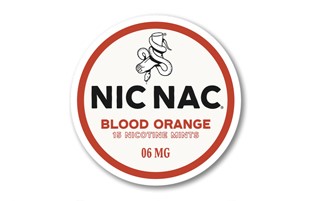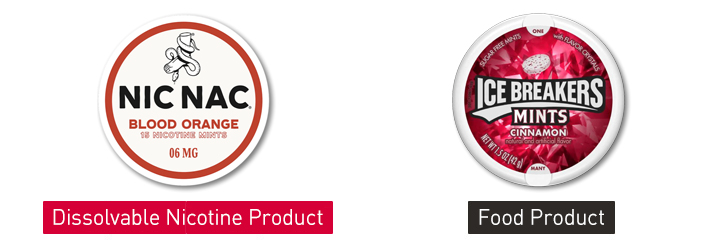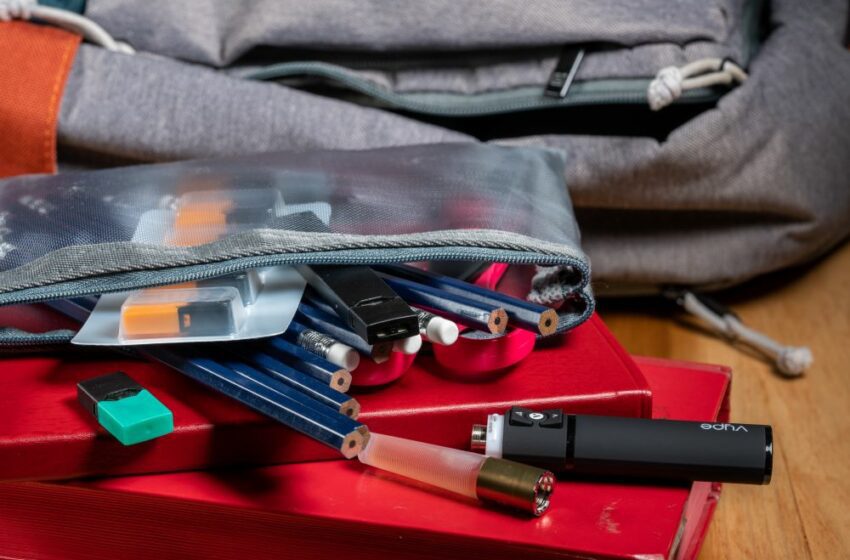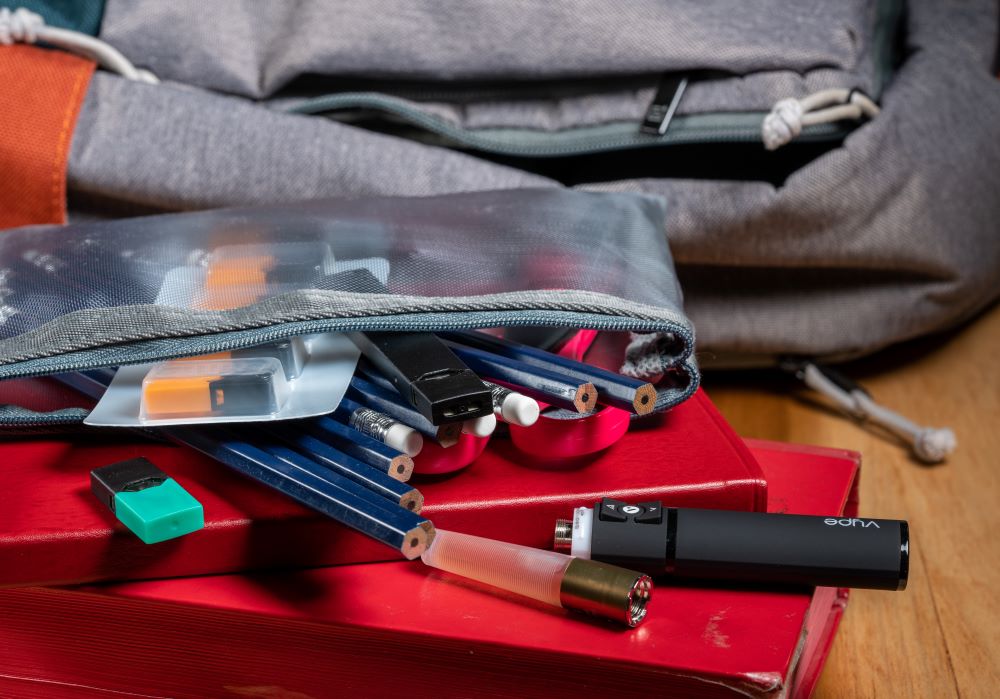Quit for Good, a public health advocacy group based in the Philippines, has joined other scientific organizations and associations across the world in calling for the adoption of tobacco harm reduction (THR) to save smokers and help improve people’s lives.
“We endorse the consensus statement of SCOHRE—the International Association on Smoking Control and Harm Reduction—to remind the World Health Organization Framework Convention on Tobacco Control (WHO FCTC) Conference of the Parties of the growing support and scientific basis for THR strategies that it continues to ignore,” said Lorenzo Mata Jr., president of Quit for Good.
“The THR approach, which the Philippines acknowledged when it approved the vape law in 2022, provides smokers with better options, such as smoke-free alternatives, when quitting is not achievable,” said Mata, a Filipino doctor.
Quit For Good is one of the 14 scientific organizations on four continents that support the consensus statement of SCOHRE that the WHO FCTC should no longer ignore the evidence in support of THR. It is also one of the two organizations based in the Philippines that signed the statement, the other being the Harm Reduction Alliance of the Philippines (HARAP).
SCOHRE, an international scientific association of independent experts who promote a new approach to smoking control policies, issued the statement as the WHO FCTC prepares to convene the 10th session of the Conference of the Parties (COP10) Nov. 20–25, 2023, in Panama.
“Rather than viewing them [THR products] as a threat to public health, the WHO FCTC should look at them as tools that can help more than a billion smokers around the world quit smoking. It has been well documented that it is the smoke, and not nicotine, that causes serious diseases among smokers,” said Mata.
Mata said the U.K. and Sweden models prove that harm reduction works. He said providing safer nicotine products to reduce harm for smokers is common sense as smokers are already offered nicotine-replacement therapy (NRT) to quit or reduce harm.
“NRTs, however, are largely ineffective in making smokers quit. Why not give them highly successful and innovative products that are at least 95 percent less harmful than cigarettes?” said Mata, referring to smoke-free products such as vapes. “These products are much better than confining smokers to a lifetime of smoking without any viable alternatives. Other doctors should explore these options if they really care about their patients.”
Mata said the COP10 meeting in Panama should focus on scientific evidence that there are safer nicotine products and that restrictive and prohibitionist policies that penalize smokers only lead them to continue smoking and suffer from the lack of better alternatives.
The consensus statement of SCOHRE noted the mounting scientific evidence that THR strategies can contribute to reducing the detrimental effects of smoking and that switching to less harmful products will have a tremendously positive effect for many people who smoke cigarettes.
“Healthcare and public health professionals need to continuously raise awareness to every person who smokes cigarettes and to the overall population about the adverse effects of smoking and that they can be also limited by tobacco harm reduction, i.e., with novel safer alternatives to cigarettes. We need to increase the knowledge that empowers people to pursue better health,” according to the consensus statement.
Aside from Quit for Good and HARAP, other groups that supported the SCOHRE consensus statement are the European Medical Association, New Nicotine Alliance in Ireland, Platform for the Reduction of Harm due to Tobacco Consumption in Spain, Indonesian Tar Free Coalition (KABAR), DIRETA in Brazil, Tunisian Society of Tobaccology and Addictive Behaviors, Associazione Nazionale Consumatori Vaporizzatori Personali (ANPVU) in Italy, Densaulyk Harm Reduction Association in Kazakhstan, Polish Society of Public Health, New Nicotine Alliance in the U.K., UKVIA and the Hungarian Scientific Association for Harm Reduction and Environmental Diseases.



















